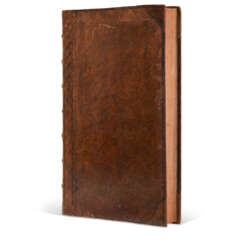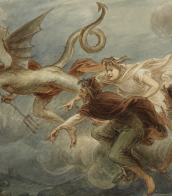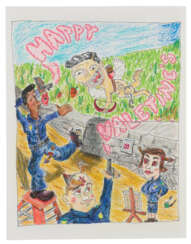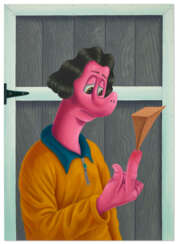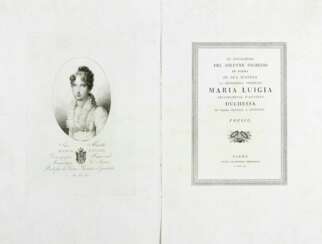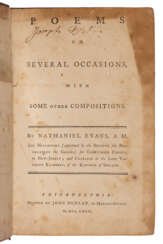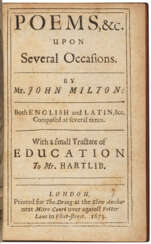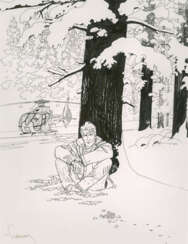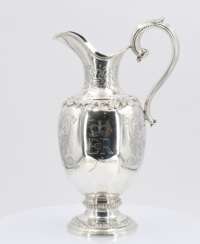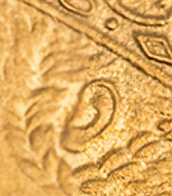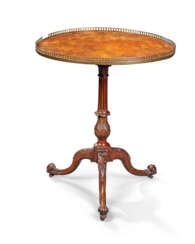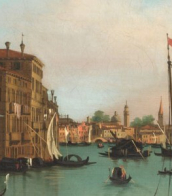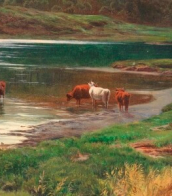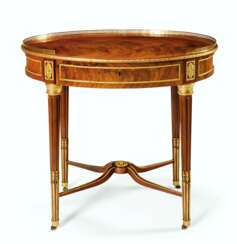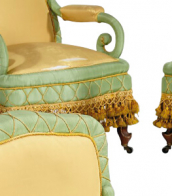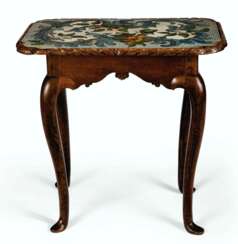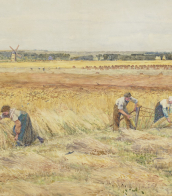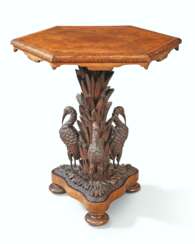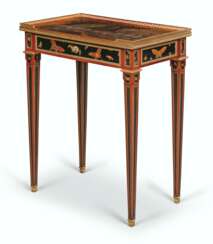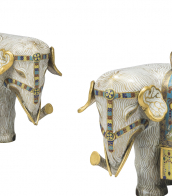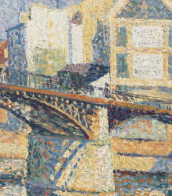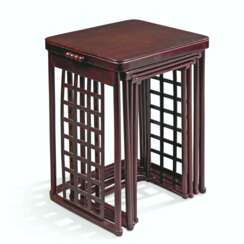casio
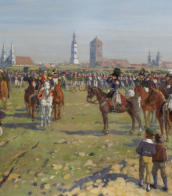
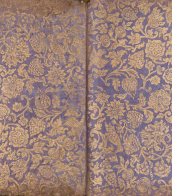
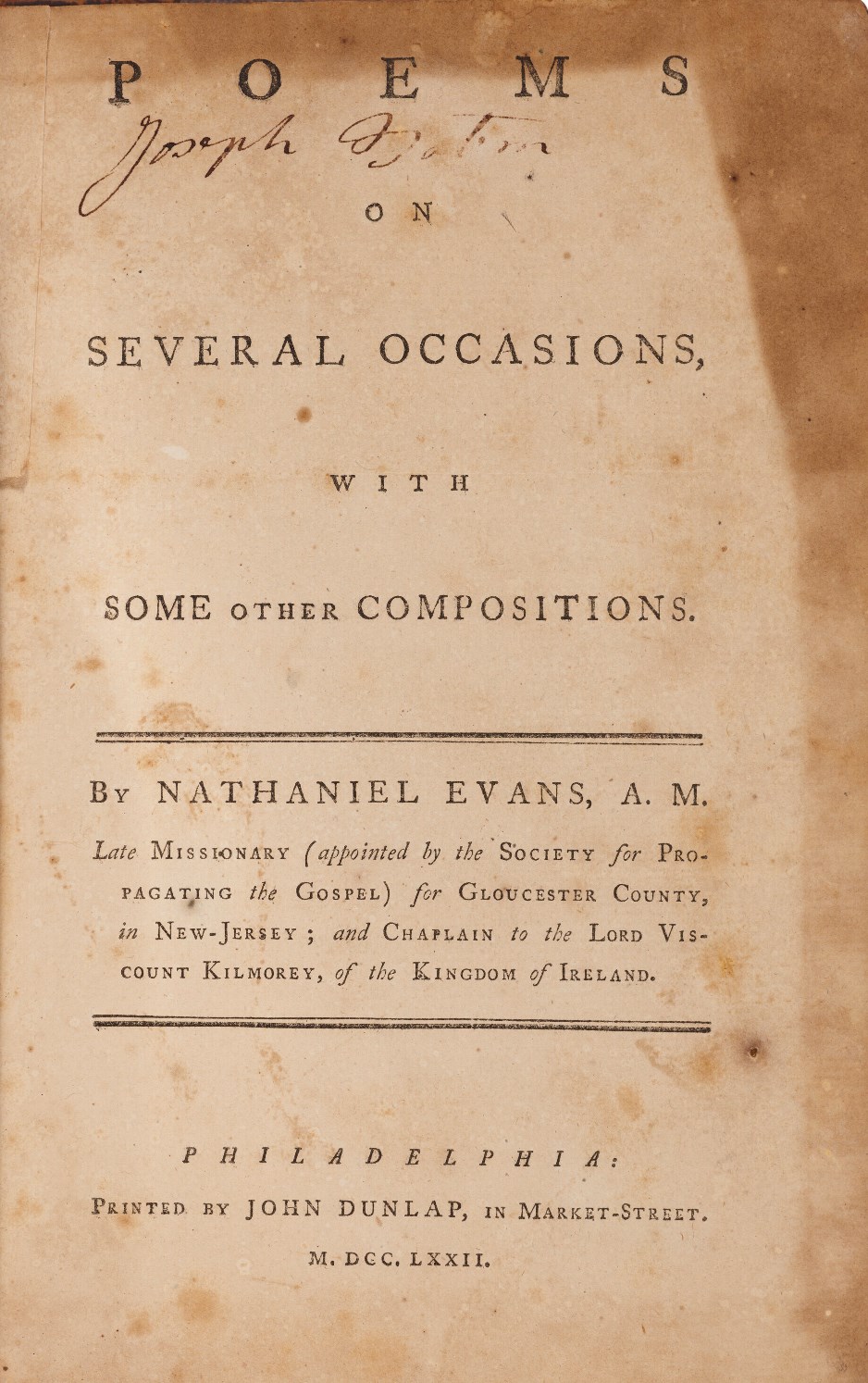
Nathaniel Evans was an American colonial clergyman and poet.
Evans was born in Philadelphia in the family of a merchant, graduated from the William Smith Academy in that city. In 1765 he received a master's degree from the University of Pennsylvania. In the same year he edited a collection of poems by his friend Thomas Godfrey. He also organized churches in Waterford and Gloucester, New Jersey.
Nathaniel Evans died of tuberculosis after living only 25 years, so his poetic talent remained undiscovered. But from a collection of a few of his poems published in 1772, we can tell that his mind was of a fine and refined stock, and his imagination was vivid.
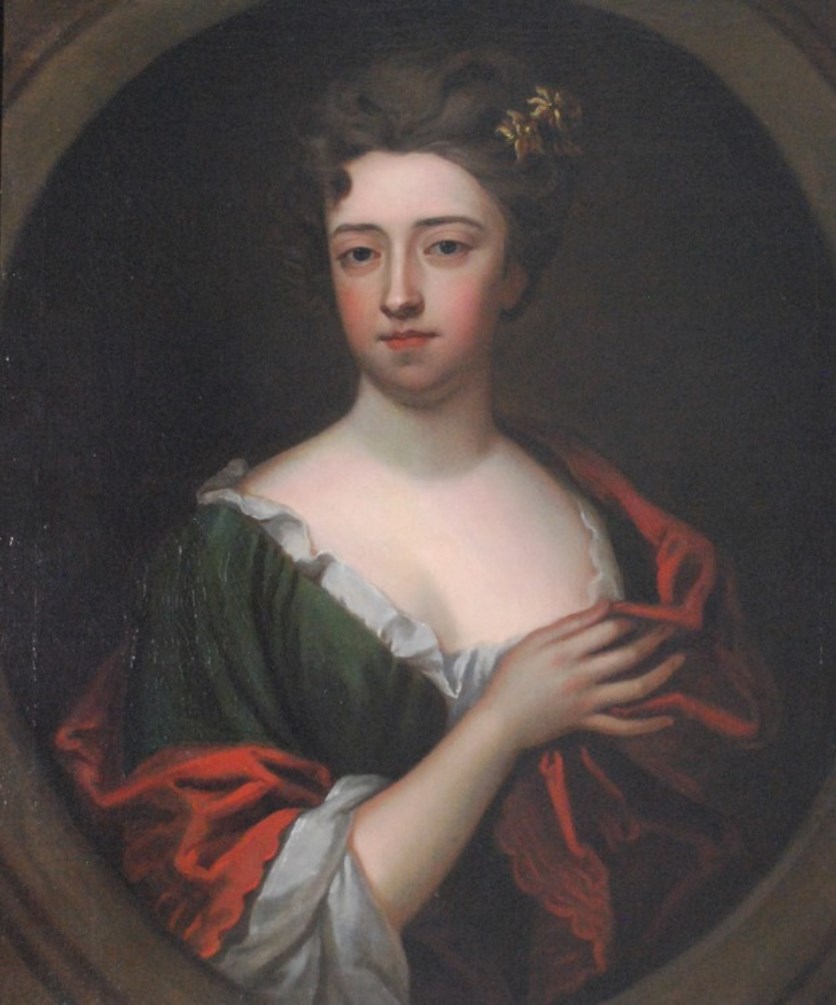
Elizabeth Graeme Fergusson or Betsy Graeme was an American colonial writer and poet.
Elizabeth Graeme was born and raised in a wealthy and influential Philadelphia family. In 1764-65, she traveled to London, where she met several leading literary and scientific figures. She soon established something of a literary salon at her native Graeme Park Manor.
Elizabeth Fergusson left few literary works other than a translation of The Adventures of Telemac from the French and a long poem on female suffering, The Abandoned Wife. She is remembered more for her letters and actions during the American War of Independence (1775-83), in which her family suffered considerably. Her husband Henry H. Fergusson was arrested and outlawed, and Graeme Park was confiscated at the end of the war.
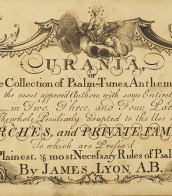
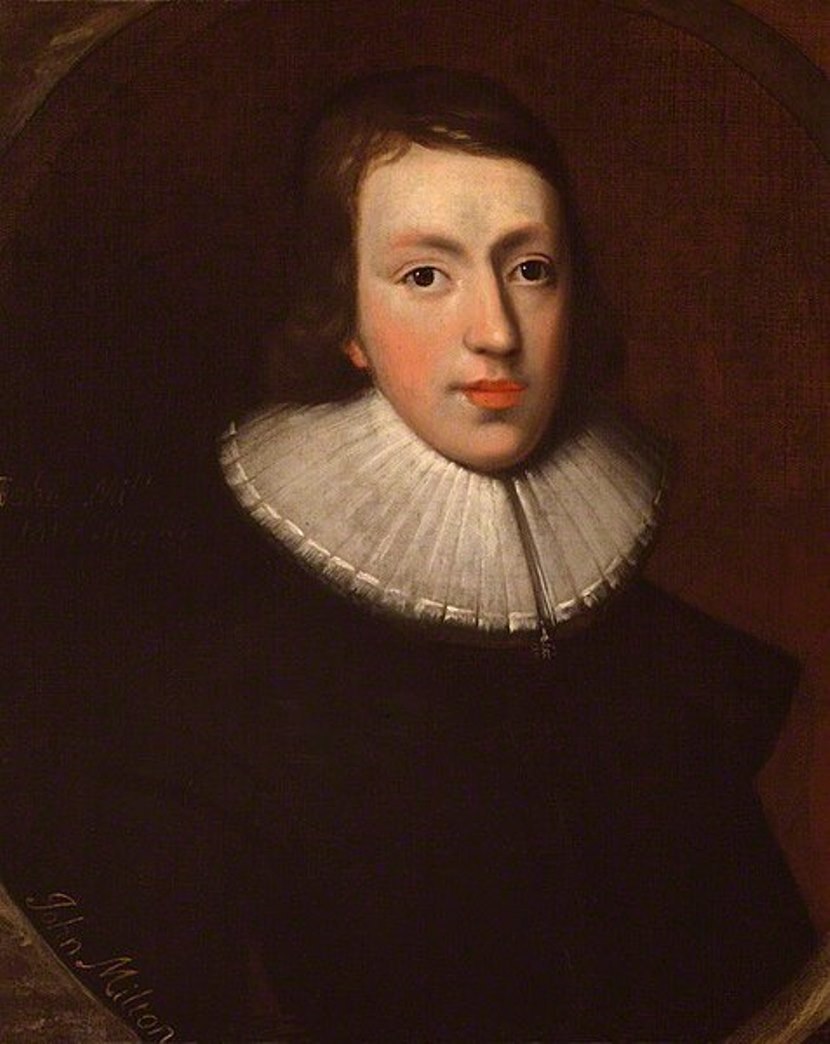
John Milton was a British poet and writer-publicist, intellectual and politician of the English Revolutionary period.
Milton first planned to become a priest, studied at Cambridge University, and then abandoned this activity. Several years he spent reading and self-education, learning many languages. In 1638 Milton traveled around the continent for about a year and a half, spending much time in Italy, primarily in Rome and Florence. He befriended young Italian literati, and his encounter with Galileo further influenced his writing.
Milton became best known for his poem Paradise Lost in Ten Books, which declares its purpose to justify the ways of God to man, but also touches on both universal and personal themes. Milton was the first author to use the word "cosmos" in our modern sense of "outer space," and his space epic takes place in a confidently Copernican universe.
In his prose works, Milton advocated the abolition of the Church of England and the execution of Charles I. From the outbreak of the English Civil Wars in 1642 and long after the restoration of Charles II as king in 1660, he spoke out against tyranny and state-sanctioned religion in all his works. As a Protestant, Milton was often in conflict with the Roman Catholic Church. As a civil servant, Milton became the voice of the English Commonwealth after 1649 and then under Oliver Cromwell, conducting international correspondence and defending the government against polemical attacks from abroad.
John Milton is considered the most important English writer after William Shakespeare. Author of political pamphlets and religious treatises, he is one of the most famous writers of the 1650s, the vibrant era of the English Revolution (Civil War).























